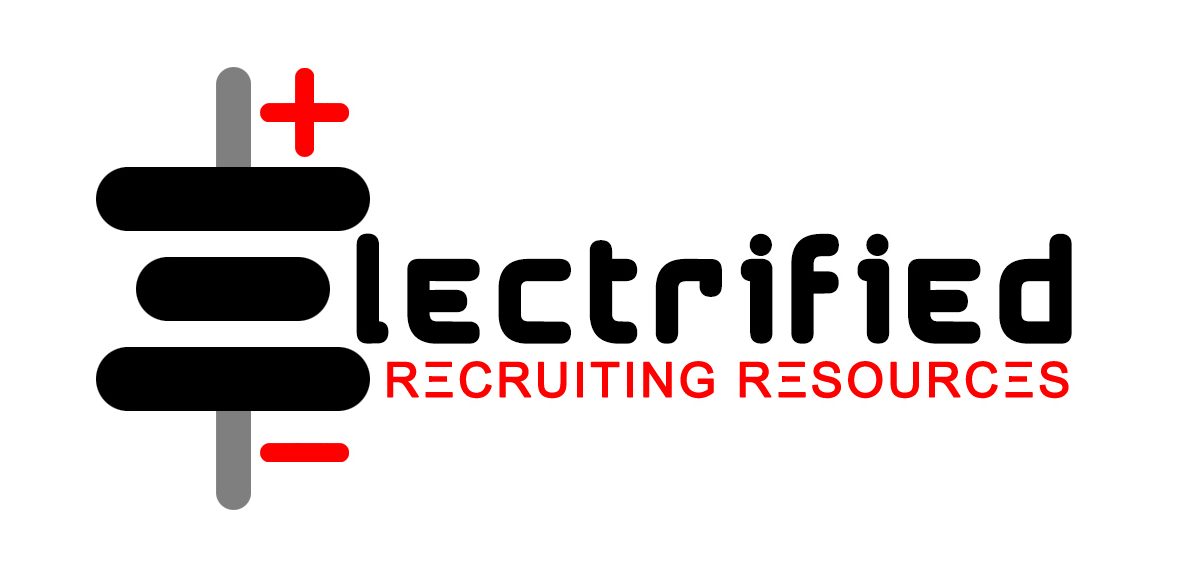You only have less than 17 seconds to convince an employer / search firm that you’re a viable candidate for the job. If your resume doesn’t catch your reader’s attention immediately, it’s likely that your resume will never be reviewed again.
Ask yourself: What would compel an employer to call you in for an interview over the hundreds of other applicants’ resumes that he’s screened? Your resume must distinguish you as the lead candidate for the position. much of the preparation must be done before the resume is even submitted to the recruiter!
Serious job seekers will make the time to prepare, practice, and perform.
Those that don’t, receive proportional results.
There are many resume “experts” and resume writing services. But there are some common points in nearly all of them.
Your resume SHOULD:
- Be concise.
- Quickly identify your skills and experience
- Use bullet points instead of long paragraphs
- If your career warrants a two-page resume, then go ahead and create a document that reflects the full range of your experience and accomplishments. Don’t reduce the type size to such a degree that your resume becomes difficult to read. If you resume length is excessive, cut back by not listing every single job you’ve ever held. Personnel managers are most interested in your experience from the last 10 years, so focus on your most recent and most relevant career experience.
- Omit personal details
- Provide a strong objective.
- Make it clear and focused
- The rest of your resume should support the objective
- Make the reader want to learn more about the candidate
- Use action verbs to explain your capabilities
- Don’t simply copy the job description jargon from your company’s HR manual. To show that you are more qualified than the competition for the positions you are seeking, you need to do more than simply list your job responsibilities.
Present specific accomplishments and achievements: percentages increased, accounts expanded, awards won, etc., and how they benefitted the company. Examples:- Sales people: Increased sales in $$$, or in a % if more impressive than $$$ figure
- Process Engineers: Shortened process cycle time of by x seconds, introducing a cost savings of $$$/year to the company
- Quality: Reduced defect and return rate by %, resulting in $$$ savings/year
- Plant Managers: Increased on-time delivery rates to x%, saving the company $$$/year on expedited shipments
- Purchasing Managers: Saved $$$/year through vendor consolidation and shared program responsibities
- etc., etc.
Things you SHOULD NOT DO on your resume:
- Do not exaggerate or lie about anything on your resume. Don’t fudge over dates or titles on your resume to hide the fact that you have been unemployed, that you switched jobs too frequently or that you held low-level positions. If a prospective employer conducts a background check and discovers that you lied, you can kiss the job good-bye.
- Do not mention your salary requirements
- Do not include personal information such as your age, race, marital status, religion, health, political affiliations, or hobbies, etc.
- Do not say anything negative about yourself or explain why you left previous jobs
- Do not leave gaps in your resume. Leaving dates off your resume will surely cause eyebrows to raise and make people wonder what you’ve been up to lately.
- Do not use personal pronouns such as “I” or “me”, nor use “third person” references in your resume
- Do not include copies of transcripts, letters of recommendation or awards when you send out your resume, unless you are specifically asked to do so. If you are called in for an interview, you may bring these extra materials along in your briefcase for show-and-tell.
Companies don’t look to hire people; they look to hire benefits.
Click Here to learn how to create your Features – Accomplishments – Benefits (FAB) worksheet.
